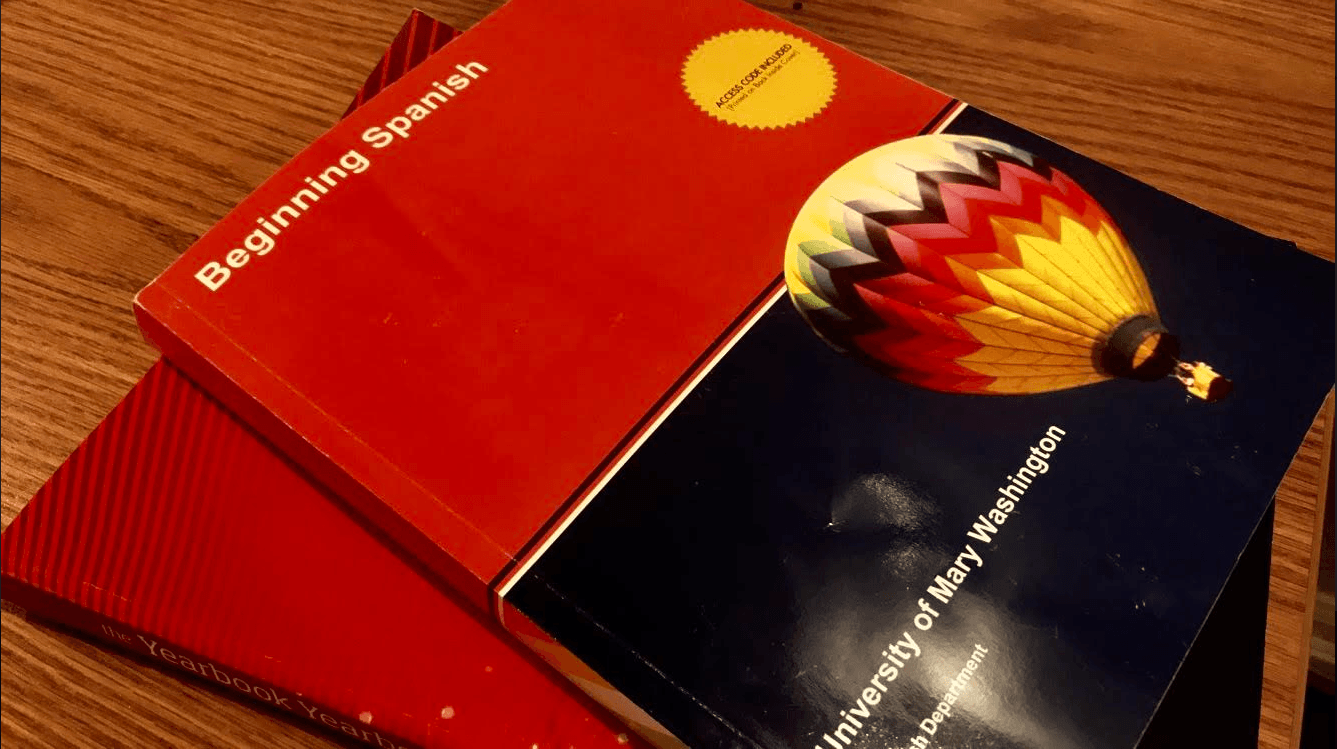Foreign language requirement is valuable to all students
4 min read
Grace Winfield
By MOLLY AVERY
Staff Writer
The Mary Washington language requirement is arguably the hardest general education course requirement that students must fulfill. However, it is also the most crucial.
For students to successfully complete the language requirement, they must gain “intermediate competency in a second language.” Typically this means that students are required to pass a 202 or 205 in their respective language, although some students must pass a 300 level course, depending on the results in the language placement exam. If a student places high enough, he or she could even be exempt from the requirement.
Learning a new language requires students to immerse themselves in a new culture, and ultimately leads to the fostering of a greater appreciation for said culture. French professor Brooke Di Lauro, who is also a representative on the general education committee stated that, “On the whole, the study of foreign languages helps our students to be better prepared to deal with the challenges presented by an increasingly diverse and interconnected world.”
Currently the school offers Spanish, French, German, Arabic, Chinese, Italian, and Latin. There are so many unknown joys of learning a language at Mary Washington that barely get taken advantage of because of intimidation.
“Even though I’m a language person I understand why it’s the most hated requirement. The process of learning a language, or just trying to pass a language class is so stressful, but in this day and age languages are more necessary than ever,” said Grace Brecht, a German and French double major.
Some students argue that the reason the language requirement is so hard to complete, is because the school doesn’t offer us enough resources in helping complete it–though they are wrong.
For each language taught at Mary Washington, the school gets a visiting language coordinator (VLC). Visiting language coordinators are people who came from their respective countries that are native to the language they are here to spread on campus. Most of them can speak more languages than English and their native tongue.
Along with teaching the occasional class, the language coordinators also offer tutoring, free movie screenings of foreign films, conversation hours to help practice speaking the language, and free cooking hours of food typically found in their culture. The last one is especially fun and delicious to go to.
The school even has South Hall, a residence hall where students interested in further developing their language skills can live. The VLCs live in this building, for the sole purpose of interacting with students in their various languages.
Considering how much help the school offers students in passing their foreign language classes, one would be think that students would be taking these classes with no complaint- but they’re not.
Even with all these resources, students continue to argue and complain, saying that it’s too time-consuming and strenuous to learn a language.
This is due to how our brains work. The older we get the harder it is to learn a language. Languages are best retained when taught at a young age, and only get more complicated and confusing as we age.
Most foreign language classes aren’t introduced into the public school system until high school. At this point not only are students well past the prime age to learn languages, but we are also at the point in which we are told there is only one way to learn: memorization.
Brecht commented on this problem, saying that “Adults are better at comprehending grammatical structures, and when they try to learn languages they often try to learn by memorization, and that doesn’t work, which leads to their failure.”
Learning a foreign language goes beyond just satisfying a requirement, it helps us beyond our years. Knowing foreign languages helps people succeed in their careers and understand the world better.
“Learning a new language leads us out of ourselves and our immediate environments. It teaches us to see and understand our world from new perspectives and in richer, more sophisticated ways,” said German professor Jennifer Hansen-Glucklich. “Isn’t now — as we see xenophobia, racism, and provincialism increasing in our country — the perfect time to open our minds and think in new ways?”
As difficult as it may be, the language requirement should remain. Not only does it enhance the mind, but it leads to a deeper understanding of life outside the Western perspective. UMW offers the resources for students to succeed, it’s just a matter of whether people take advantage of them or not.


